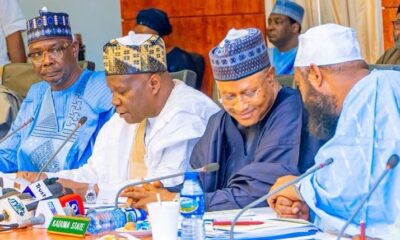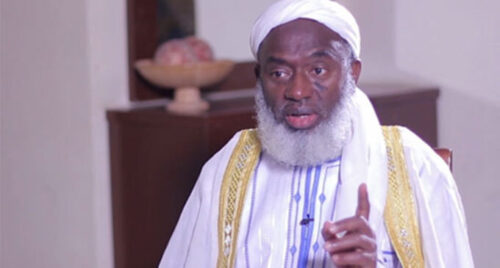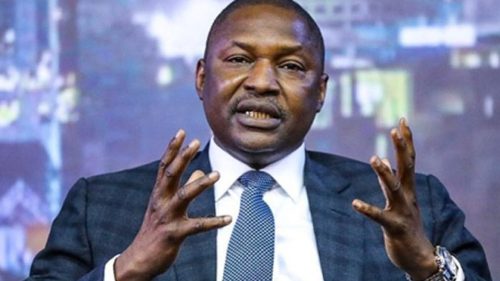BIG STORY
Akeredolu Vows To Arm Amotekun Against FG’s Directive, Says “If Katsina Can, Ondo Will”
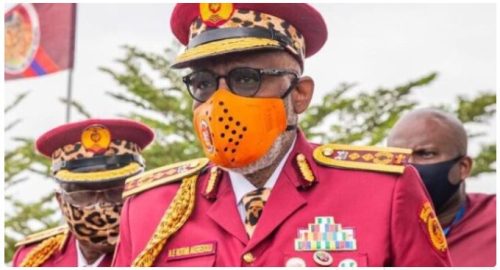
- /home/porsch10/public_html/wp-content/plugins/mvp-social-buttons/mvp-social-buttons.php on line 27
https://porscheclassy.com/wp-content/uploads/2022/09/Capture-42-e1663859884461.jpg&description=Akeredolu Vows To Arm Amotekun Against FG’s Directive, Says “If Katsina Can, Ondo Will”', 'pinterestShare', 'width=750,height=350'); return false;" title="Pin This Post">
- Share
- Tweet /home/porsch10/public_html/wp-content/plugins/mvp-social-buttons/mvp-social-buttons.php on line 69
https://porscheclassy.com/wp-content/uploads/2022/09/Capture-42-e1663859884461.jpg&description=Akeredolu Vows To Arm Amotekun Against FG’s Directive, Says “If Katsina Can, Ondo Will”', 'pinterestShare', 'width=750,height=350'); return false;" title="Pin This Post">
-

 BIG STORY5 days ago
BIG STORY5 days agoSenate Orders Nationwide Crackdown As Lead Poisoning Hits Ogijo Lagos
-
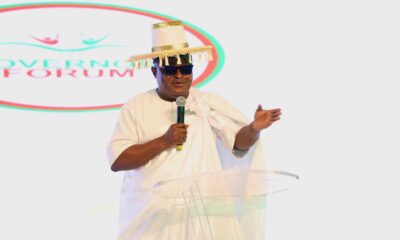
 BIG STORY3 days ago
BIG STORY3 days agoWe Will Get It Right With Security —- Obasa
-

 BIG STORY3 days ago
BIG STORY3 days agoNigerian Army Suspends Officer Retirements Amid National Security Emergency
-

 BIG STORY22 hours ago
BIG STORY22 hours ago2025: The Year the Environment Fought Back —– Babajide Fadoju
-

 BIG STORY12 hours ago
BIG STORY12 hours agoBREAKING: Gov Fubara Dumps PDP, Defects To APC
-
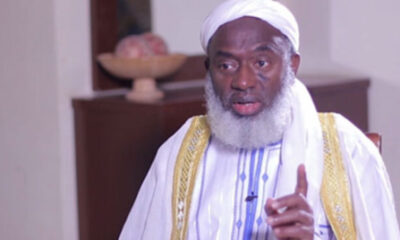
 BIG STORY11 hours ago
BIG STORY11 hours agoKidnapping Children Lesser Evil Than Killing Soldiers, Govt Must Negotiate With Bandits — Sheikh Gumi
-
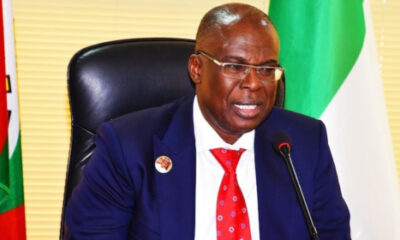
 BIG STORY23 hours ago
BIG STORY23 hours agoEFCC Seals Timipre Sylva’s House Over Alleged $14.8m Fraud
-
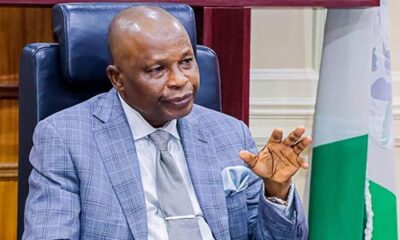
 BIG STORY23 hours ago
BIG STORY23 hours agoFG Seeks Speedy Trial of Terrorists, Kidnappers, Other Violent Crimes







